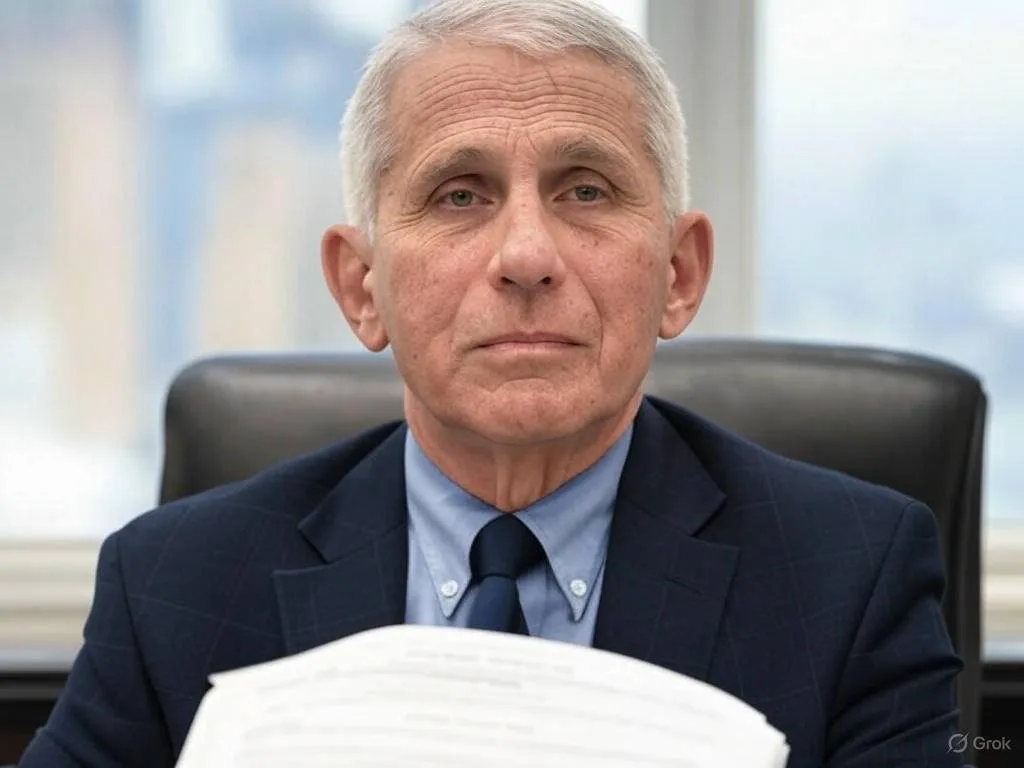Milieuminister Chris Huhne veroordeelt Britten tot energiearmoede
De Britten hebben zo langzamerhand hun buik vol van hun fanatieke en recalcitrante milieuminister Chris Huhne, die het volk in naam van het milieu liever laat bloeden dan dat hij meewerkt aan oplossingen die de Britse economie weer op de been zouden kunnen helpen en vooral de laagste inkomensgroepen van de bevolking weer hoop zouden kunnen geven.
Onder de titel, 'Chris Huhne condemns us all to fuel poverty', rapporteert de Britse wetenschapsjournalist Christopher Booker:
Another monumentally expensive project to 'fight climate change' has bitten the dust - but the Energy Secretary still doesn't see the light.
'Well, what a surprise could be the only response to last weeks news that the Longannet coal-fired power station in Scotland has finally abandoned its £1 billion project (at our expense) to develop carbon capture and storage. There was no more fatuous symbol of our make-believe national energy policy than this delusion that we could somehow pipe away millions of tons of CO2 emissions from our power stations, to bury in holes under the North Sea.
Yet our main parties were united in their wish to see billions of pounds poured into a project which, at best, would have doubled the cost of our electricity but which was never going to work anyway.
There have been faint glimmerings of reality, lately, breaking in on that dreamworld into which our politicians have been led by their obsession with global warming. As soaring energy bills up by 18 per cent help to push inflation to its highest level for 20 years, everything the Government has done to fight climate change has also been driving millions more people into fuel poverty.
Last week, a new study suggested that this is already causing 2,700 deaths a year in England and Wales.
Admittedly, the most conspicuous response last week was from Chris Huhne, the Energy and Climate Change Secretary, who merely pleaded with our electricity suppliers to make it easier for customers to shop around and see whose prices were rising slightly less than the others. But in 15 months time, his Governments new carbon floor price forcing our electricity firms, uniquely in Europe, to pay £16 for every ton of CO2 they emit will burden our bills to the tune of £3 billion, or 16 per cent (rising to £70 a ton by 2030).
Possibly more significant, however, was George Osbornes observation to the Tory conference that we know that a decade of environmental laws and regulations are piling costs on the energy bills of households and companies, and that we are not going to save the planet by putting our country out of business.
Our commitment, under the Climate Change Act, to spend up to £18 billion a year on cutting emissions is already either driving energy-intensive firms out of business or forcing them abroad. It seems we are about to lose what remains of our aluminium industry (half of it disappeared last year to the Middle East, taking 600 jobs with it). Without a change in policy, much of our chemical, steel and ceramics industries is likely to follow suit.
Just as significant may be the disagreements beginning to emerge in the place where much of that policy originates Brussels. The EU directorate concerned with energy seems at last to be waking up to the fact that, so long as Europe is bent on decarbonising its economy, while the rest of the world sails on regardless, it could face economic catastrophe. Clearly, says a Commission report, Europe cannot act alone in an effort to achieve global decarbonisation.
So at least there are faint signs that a crunch is approaching, where it becomes obvious that our climate change make-believe can only lead to economic suicide.
As yet, however, no vestige of reality seems to have entered the head of Mr Huhne. Last week he was again lamenting on the Today programme that we cannot afford to depend for our electricity on ever-rising imports of natural gas without mentioning that our best hope of keeping Britains lights on is our vast potential reserve of shale gas. He hates this because it offers the prospect of electricity so much cheaper than that from his useless windmills.
Unless we get rid of both Mr Huhne and the Climate Change Act, our lights may well be extinguished before too many years are passed and much else that we take for granted with them.
Lees verder hier.
Met een variant op de beroemde uitspraak van Churchill zou kunnen worden gesteld: 'Never in the field of climate could so much be blamed by so many on so few.'
Het is hoog tijd voor Huhne en de zijnen om elders nieuwe uitdagingen te zoeken.
Op Elba bij Conny Hedegaard? (Grapje!)
Ga verder met lezen
Dit vind je misschien ook leuk
Laat mensen jouw mening weten


